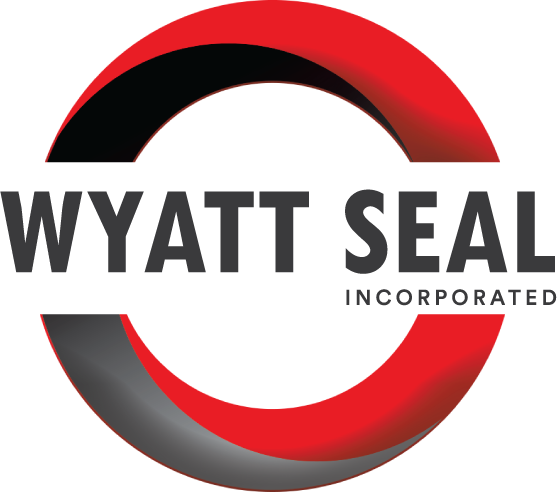
Food production is subject to stringent regulations to ensure safety and quality standards are met. Within this highly regulated industry, industrial seals play a critical role in maintaining the integrity of food processing operations. At Wyatt Seal, our expertise lies in delivering seals that meet meticulous specifications, safeguarding against contamination and ensuring the longevity of food products. Ensuring the safety and quality of food products relies on several critical factors, including:
Contamination Prevention
The primary concern in food sealing is preventing contamination. Seals must effectively block out external contaminants such as dirt, dust, and microorganisms to ensure the safety and quality of the food products.
Chemical Compatibility
Seals used in food processing must be compatible with the substances they come into contact with. This includes exposure to various food ingredients, cleaning agents, and sanitizers. Ensuring chemical compatibility is essential to prevent degradation or leaching of harmful substances into the food.
Temperature Extremes
Food processing involves a wide range of temperatures, from high-heat cooking processes to cold storage. Seals must be able to withstand these extremes without compromising their integrity. Thermal expansion and contraction can affect seal performance, making it crucial to select materials that can maintain their properties across temperature variations.
Hygiene and Cleanability
Seals should be designed for easy cleaning and maintenance to prevent the buildup of bacteria and other pathogens. Hygienic design considerations, such as smooth surfaces and crevice-free construction, help minimize the risk of contamination and facilitate thorough sanitation practices.
Mechanical Stress and Wear
Food processing equipment undergoes rigorous mechanical stress during operation, including pressure, friction, and repetitive motion. Seals must be durable enough to withstand these conditions without experiencing premature failure or degradation. Proper seal selection, material choice, and regular maintenance are essential for ensuring long-term reliability in challenging operating environments.
Compliance with Regulatory Standards
Adherence to regulatory standards, such as those set by the U.S. Food and Drug Administration (FDA) and other relevant authorities, is paramount in food processing. Seals must meet or exceed regulatory requirements for materials, construction, and performance to ensure compliance with food safety regulations and industry standards. Non-compliance can result in serious consequences, including product recalls, fines, and damage to brand reputation.
The complexities of food production demand meticulous attention to sealing practices to uphold safety and quality standards. From preventing contamination to addressing mechanical stress and ensuring compliance with regulatory standards, each aspect is vital in safeguarding food integrity. Wyatt Seal stands ready to support these efforts, offering a range of FDA-approved seals tailored to the unique needs of food processing operations.
If you need help navigating this process to find the right seal for your project, talk to a seal expert at Wyatt Seal. We’ve spent 50 years building relationships with seal manufacturers worldwide to offer you access to thousands of seals, gaskets, O-rings, and other specialty items for any application.

